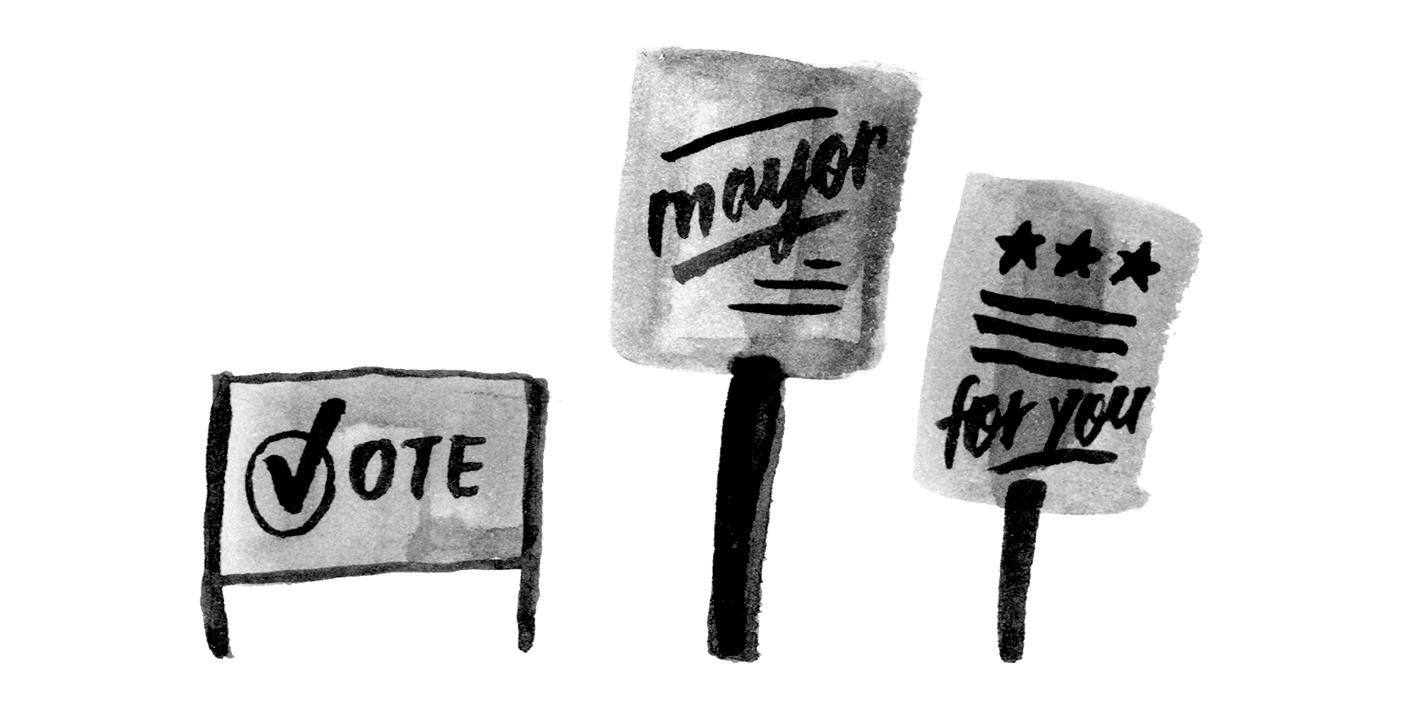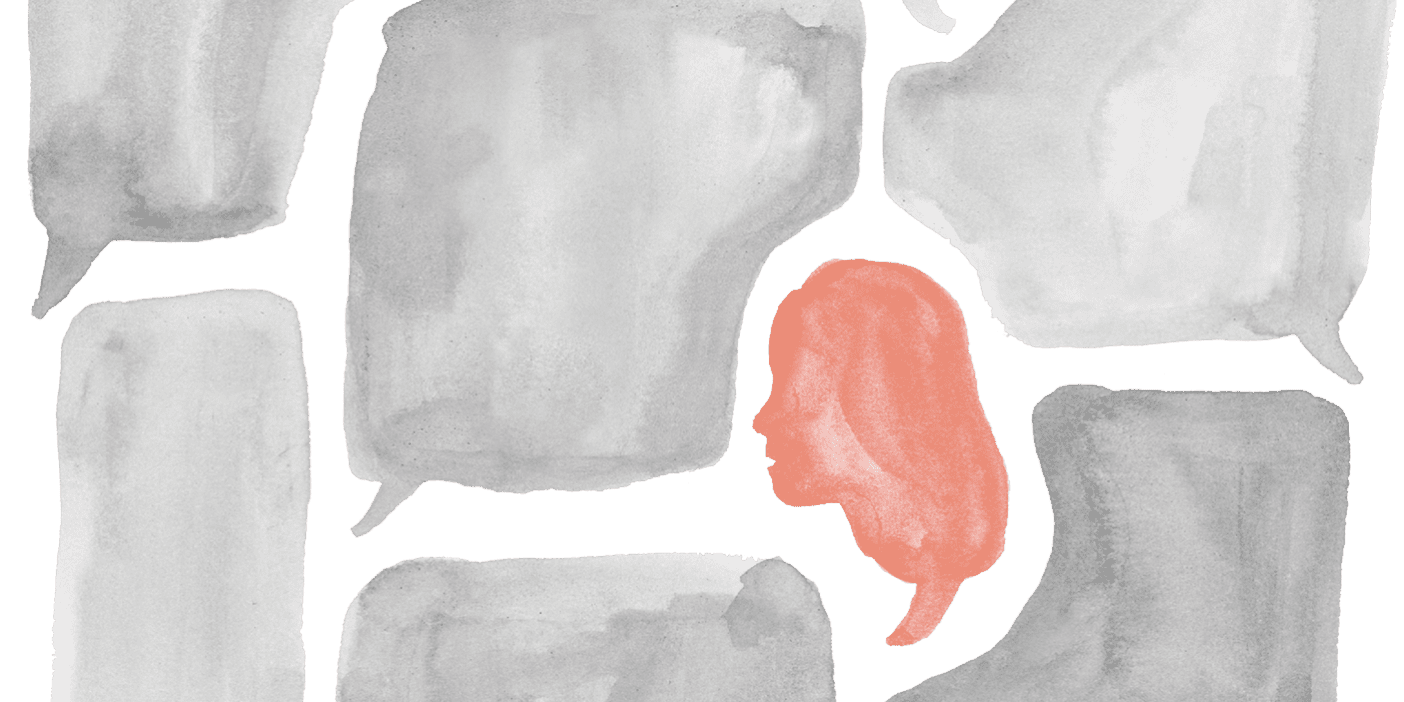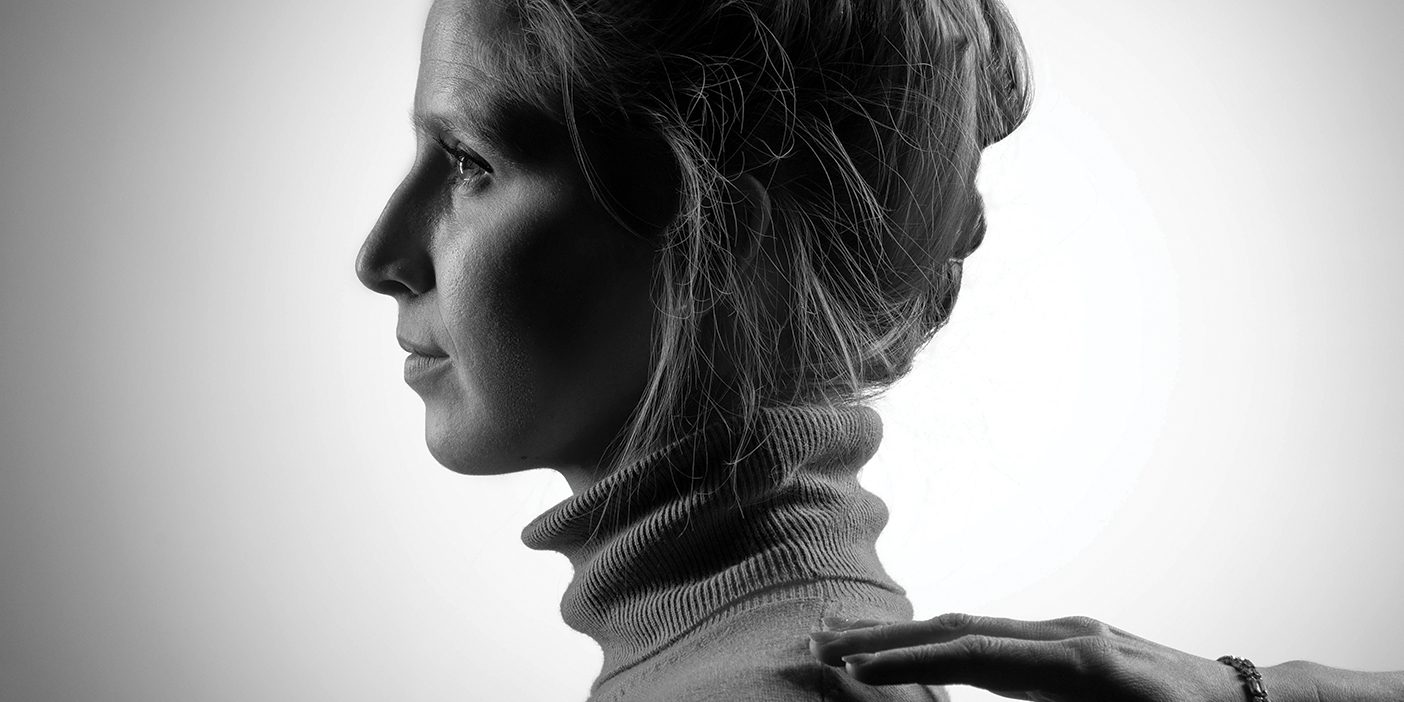BYU research explains the gender gap in politics—and how to close it.

One imperative sphere in which women’s voices need to be raised, say BYU researchers: politics.
Women make up only about 20 percent of the world’s leaders—a figure that holds true in the United States.
U.S. women now outpace men in bachelor’s and graduate degrees as well as in voter turnout—but are politically “opting out,” to quote a study by political science professor Jessica R. Preece (BA ’03) and economics professor Olga Stoddard, in every other metric, from casual political dialogue to representation on the ballot.
For starters, “women shy away from competition,” says Stoddard—one of many barriers they’ve published on. Men are overconfident, she says, women underconfident. To recruit women, “you kind of have to extra-recruit them,” adds Preece—you have to oversample.
“Many of the gender differences we observe are really driven by beliefs—not capability,” says Stoddard. “If we could just manipulate beliefs a little bit, maybe things could be different.” In one study, for example, Stoddard and Preece were able to increase female interest in politics through positive affirmation—validating how much they knew on a political quiz.
Another part of the problem is our gendered networks, says Preece—for a job opening, or political office, we put forth people we know; men know more men, women more women, and “men are mostly the ones that are in positions of power.” She points to W. Mitt Romney (BA ’71), who “was mocked mercilessly for his ‘binders of women’ comment. And you know, it was awkward phrasing. . . . But it is in fact exactly the right way to overcome those kinds of biases—sitting down and really thinking, ‘What is the universe of people who might be qualified for this job?’ instead of just the handful of people who happen to come to my mind.”
In a landmark 2017 study, she and BYU colleagues asked the Republican Party of a conservative state to get every precinct to recruit two to three women to run as state delegates or to read a letter at precinct meetings encouraging the election of female delegates. Other precincts were asked to do both. It worked. “We showed some pretty simple steps by political parties can solidly boost the number of women participating in politics,” says Preece.
“It’s important for people to see themselves in their representatives,” says political science professor Christopher F. Karpowitz (BA ’94, MA ’96). “There’s extraordinary power in that, in terms of legitimacy of government. . . . And if women are vastly outnumbered and women’s perspectives and issues are rarely raised and seldom passed into law, that sends a message about the importance of those issues for women and the authority of women in the United States.”
“If people feel strongly that men and women have different roles,” adds Preece, “then all the more reason to be hearing from women, right? We should be hearing from women whose primary experience is raising children. We need to hear from a wide variety of women who’ve had a wide variety of experiences.”
“We should scratch our heads,” she continues, “when we see some people’s voices heavily represented and other people’s voices largely absent.”












